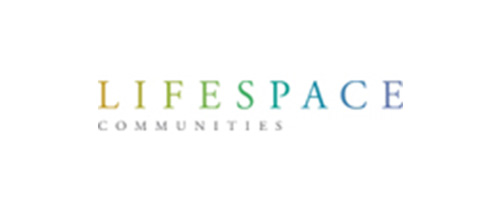Study details strategies to address barriers keeping older adults out of clinical trials
NEWS RELEASE 1-OCT-2020
The study examined what has been done and chartered a roadmap to improve equitable access using the best-available scientific literature on barriers to older adult participation in cancer clinical trials
A City of Hope-led study revealed little effort has been made to improve older adult representation in clinical trials of new cancer drugs, even when the treatment is aimed at a disease that disproportionately affects this age group.
"There is currently no incentive to establish real-world effectiveness among older adults. Older adults need a seat at the table," said Mina Sedrak, M.D., M.S., lead author of the study and deputy director of the Center for Cancer and Aging at City of Hope, a world-renowned independent research and treatment center for cancer, diabetes and other life-threatening diseases.
Two in 5 Americans with cancer are age 70 or older, yet fewer than 25% of patients in cancer clinical trials registered with the Food and Drug Administration are in this age group, Sedrak said.
The study was published in the journal CA: A Cancer Journal for Clinicians on Oct. 1. Researchers reviewed 8,691 studies that evaluated barriers which hindered older adults from participating in cancer trials. Twelve articles defined complex, interrelated problems as root causes, including stringent eligibility criteria, physician concern for toxicity, ageism, transportation and caregiver burden.
Only one study implemented an intervention meant to increase enrollment of older adults in trials - and it was not successful. This finding starkly amplifies the lack of effective strategies to improve participation of this underrepresented group in cancer research.
The researchers report that cancer trials must ask appropriate questions tailored or driven by the needs of older adults with cancer and should measure relevant outcomes. Their call to action applies to all oncologists and primary care providers, not just geriatric oncologists, Sedrak said, adding that patients should advocate for themselves.
"Ask your doctor about clinical trial opportunities when you're diagnosed with cancer and do your own research because there may be an option that you haven't heard about. It may benefit you, but perhaps your doctor may not have considered you for the investigational trial," he said.
Do you have news to share?
The ICAA welcomes your news submissions. Please send your press releases to colinmilner@icaa.cc-the ICAA's email for submissions-and staff will consider your news for possible publication. Newsworthy topics include such things as center/community openings; initiative or campaign launches; announcements of awards, promotions or grants; and other topics of interest to active-aging professionals.
Share



































